Bird Watch
Reducing Bird Strike Mortality
Collisions account for 5 of the top 11 direct human-causes of bird mortality in the United States. Studies have estimated that as many as 1.39 billion birds die annually in collisions with human-made structures such as vehicles, buildings and windows, power lines, communication towers, and wind turbines.
Mortalities from collisions affect some bird groups more than others. Ground-dwelling and ground-nesting birds, waterbirds, fruit-eating birds, and birds that are drawn to attractants on roads have been found to be at higher risk of vehicle collisions.
Of the collision deaths of more than a billion birds annually, between 89,000,000 and 340,000,000 are killed by vehicle collisions on U.S. roads. While other programs such as Keep Cats Indoors and Lights Out by other organizations that are addressing feral cats and building and glass collisions, Urban Bird Foundation is focusing on vehicle collisions – creating driver awareness and advocating for on-the-ground solutions at city and county levels to reduce human-caused bird injuries and death from car strikes.
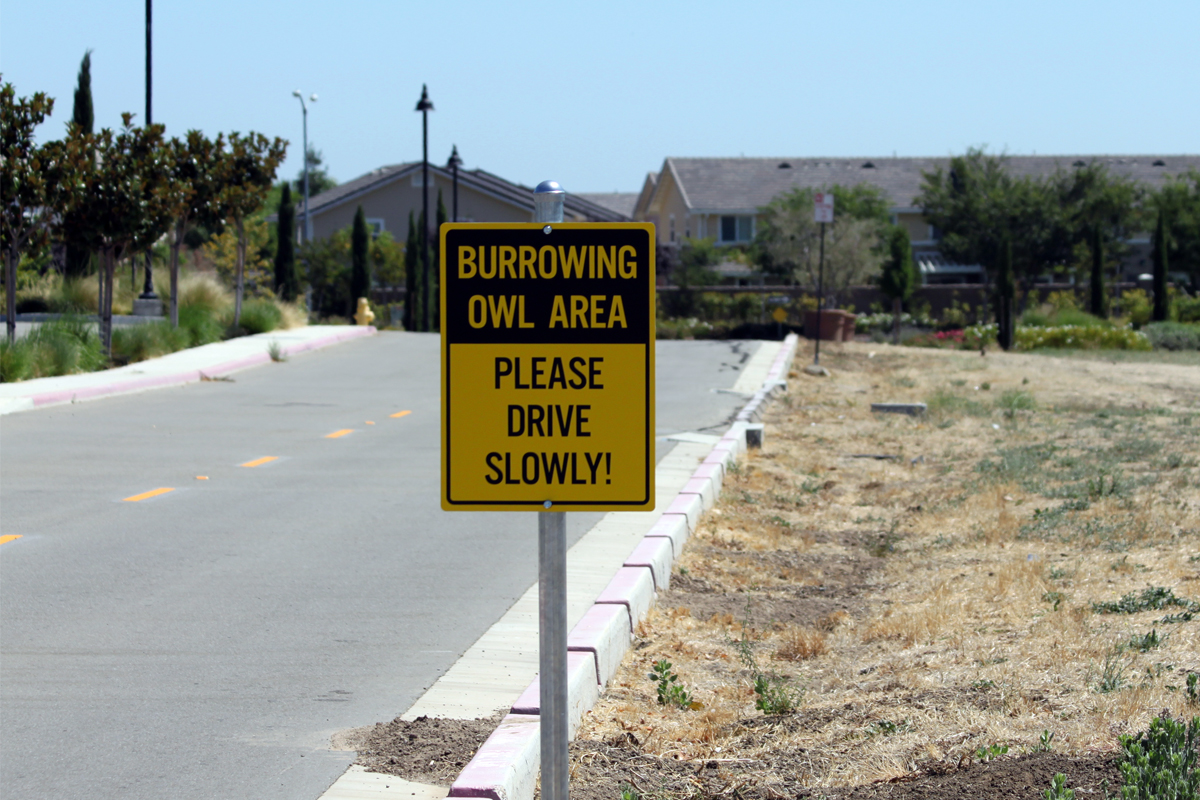
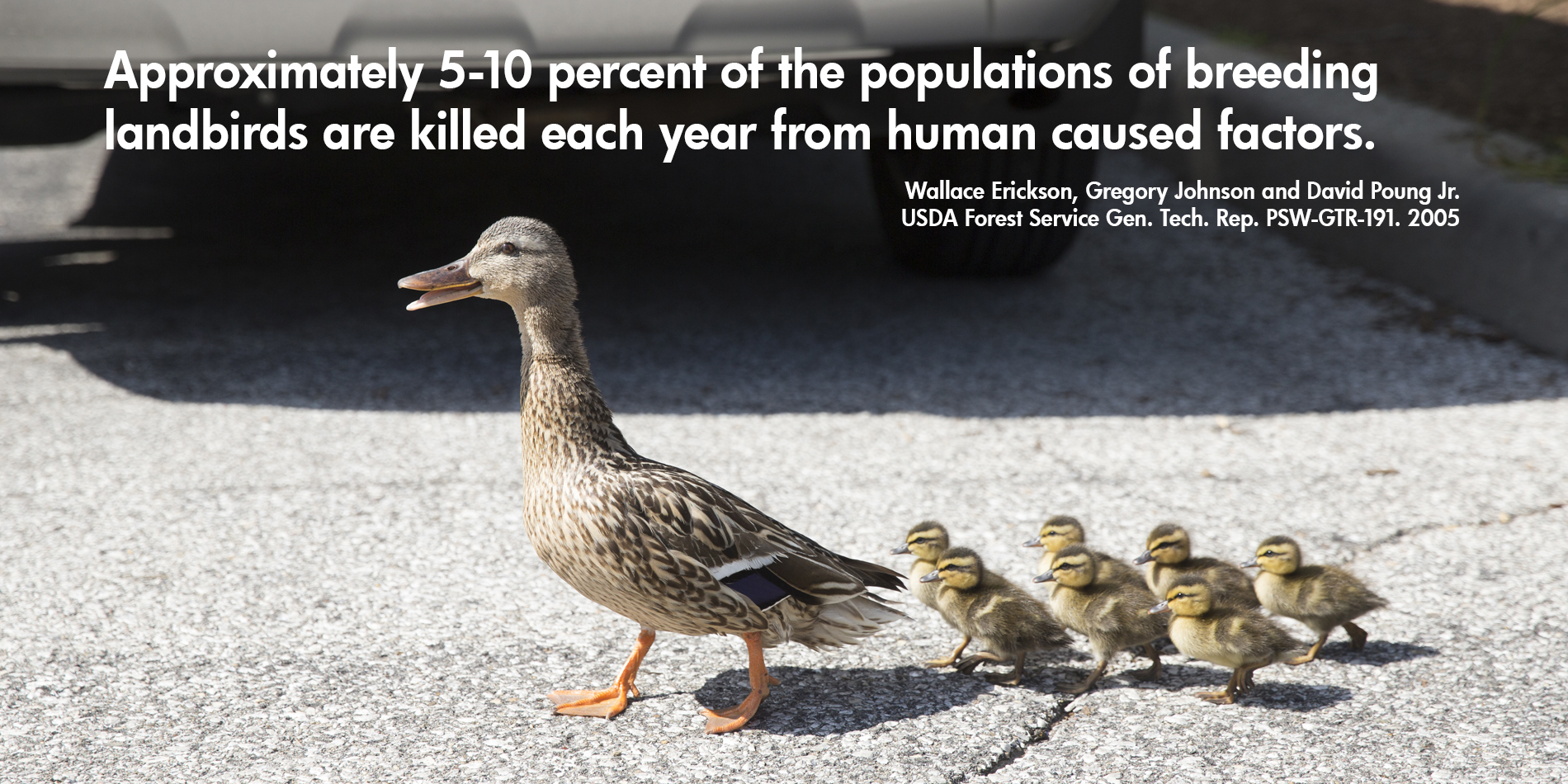
Top Threats to Birds: Annual U.S. Bird Mortality
Many additional human-caused threats to birds, both direct (causing immediate injury/death) and indirect (causing delayed negative effects to health or productivity) are not on this list because the extent of their impact is either not currently well researched or easily quantified. For instance, habitat loss is thought to pose by far the greatest threat to birds, both directly and indirectly, however, its overall impact on bird populations is very difficult to directly assess.
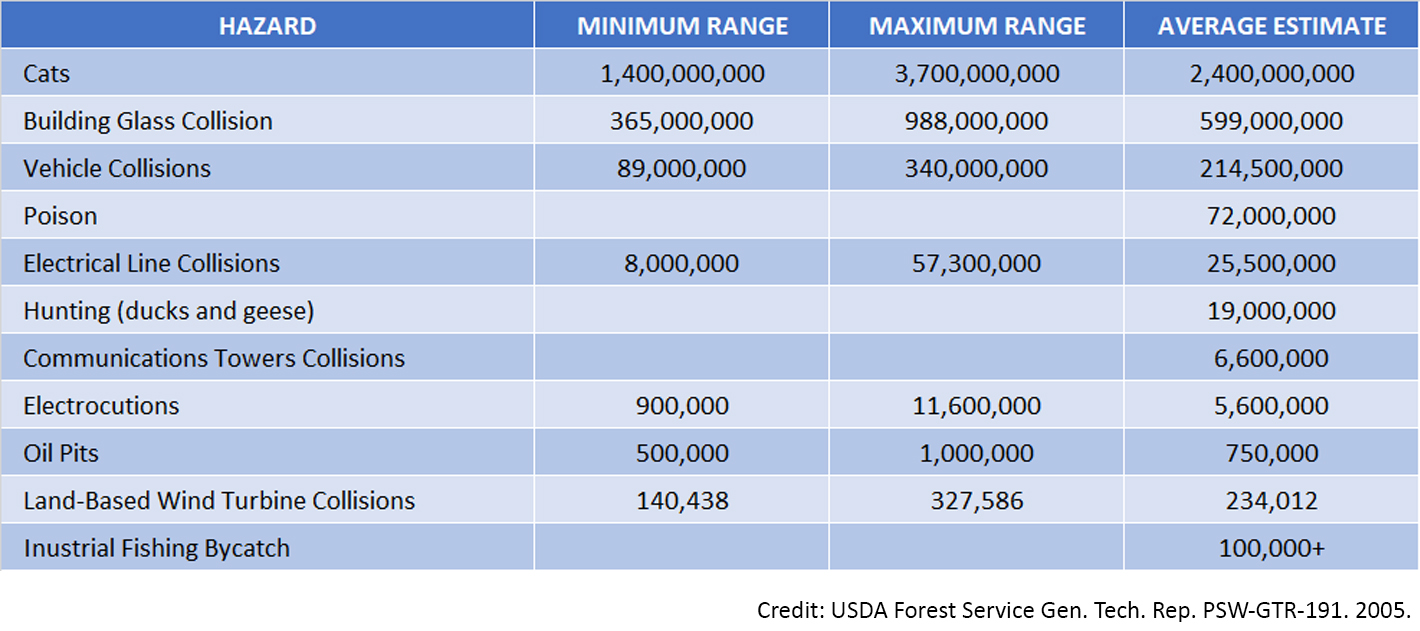
Urban Bird Foundation Taking Action
Working in Communities to Reduce Bird Collision Mortalities
Advocating for and Promoting
Creating awareness and reminding drivers to reduce speeds in areas of increased wildlife activity.
Installing poles that produce illusions of solid barriers can be effective in reducing bird roadkill such as preventing waterbirds from entering roadways.
With the help of people in cities from California to New York, we are identifying and monitoring problem roadways to help recommend and implement solutions.
For the benefit of all wildlife, we advocate and endorse the installation of wildlife crossings and underpasses to allow animals to safely cross roads. Birds like ravens, crows, turkey vultures and other raptors that feed on roadkill benefit from the removal of potential food sources off roads and highways.
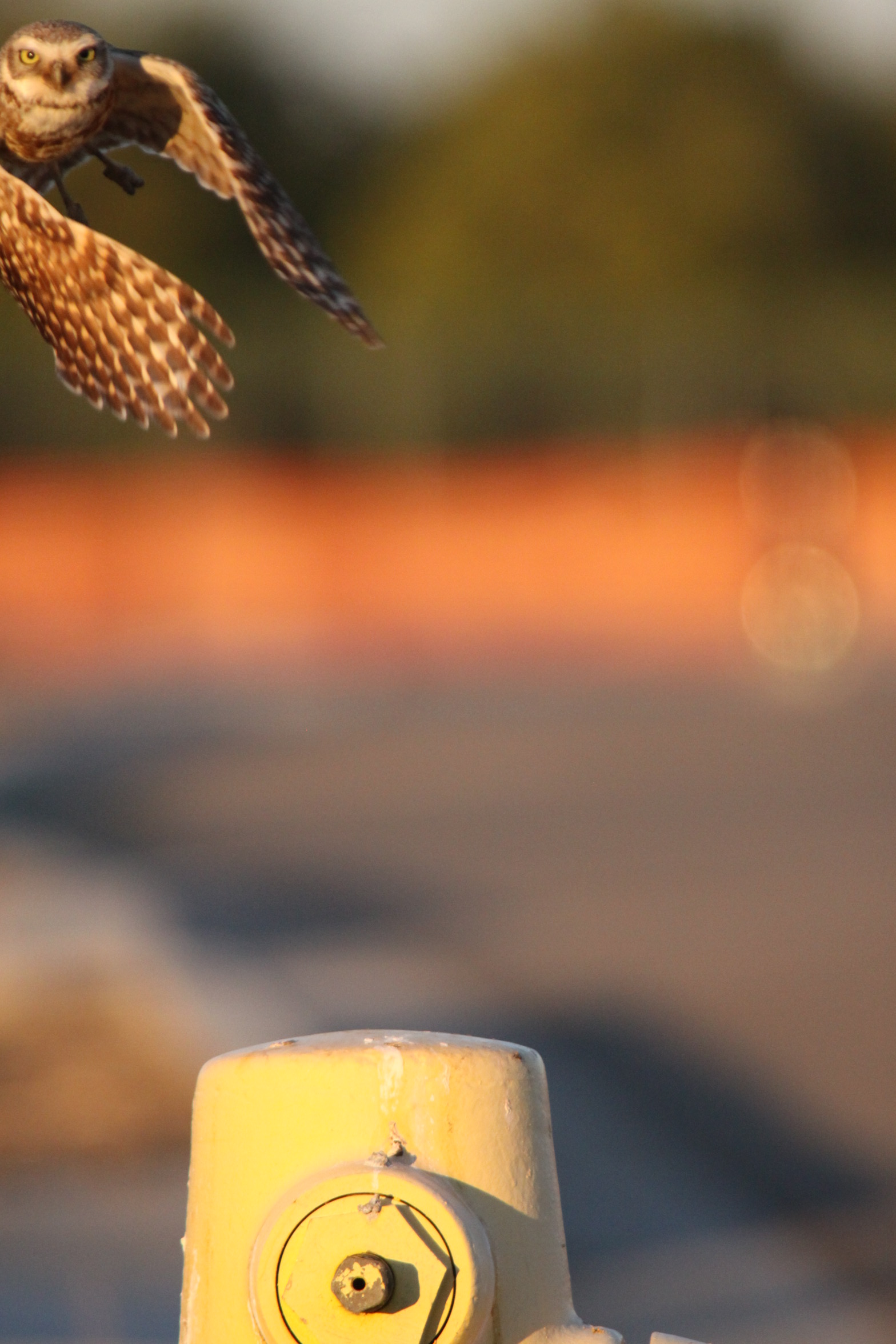
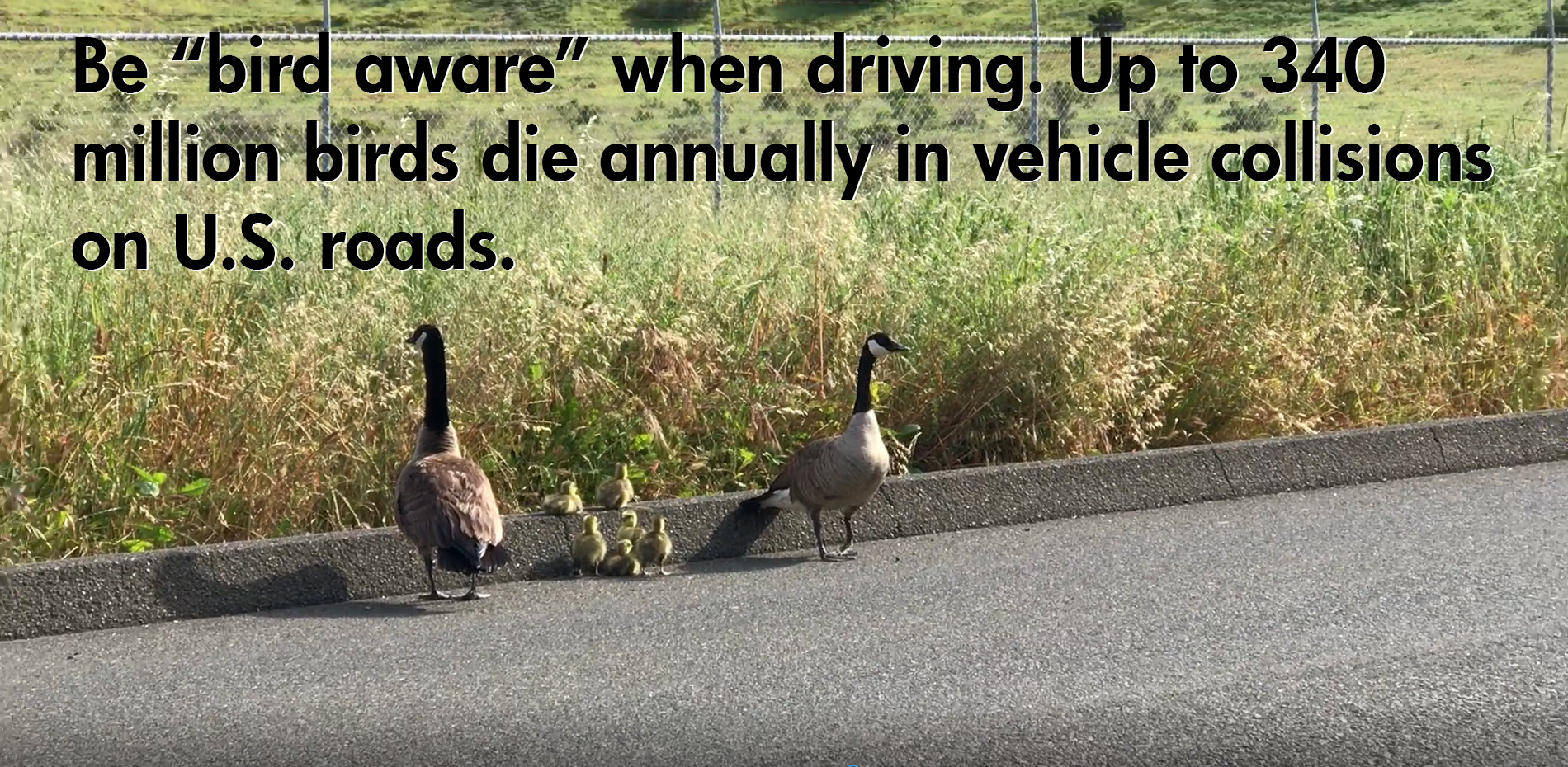
How You Can Help Save Birds
We need everyone’s help to protect birds from vehicle collisions as well as the other top threats killing billions of birds each year.
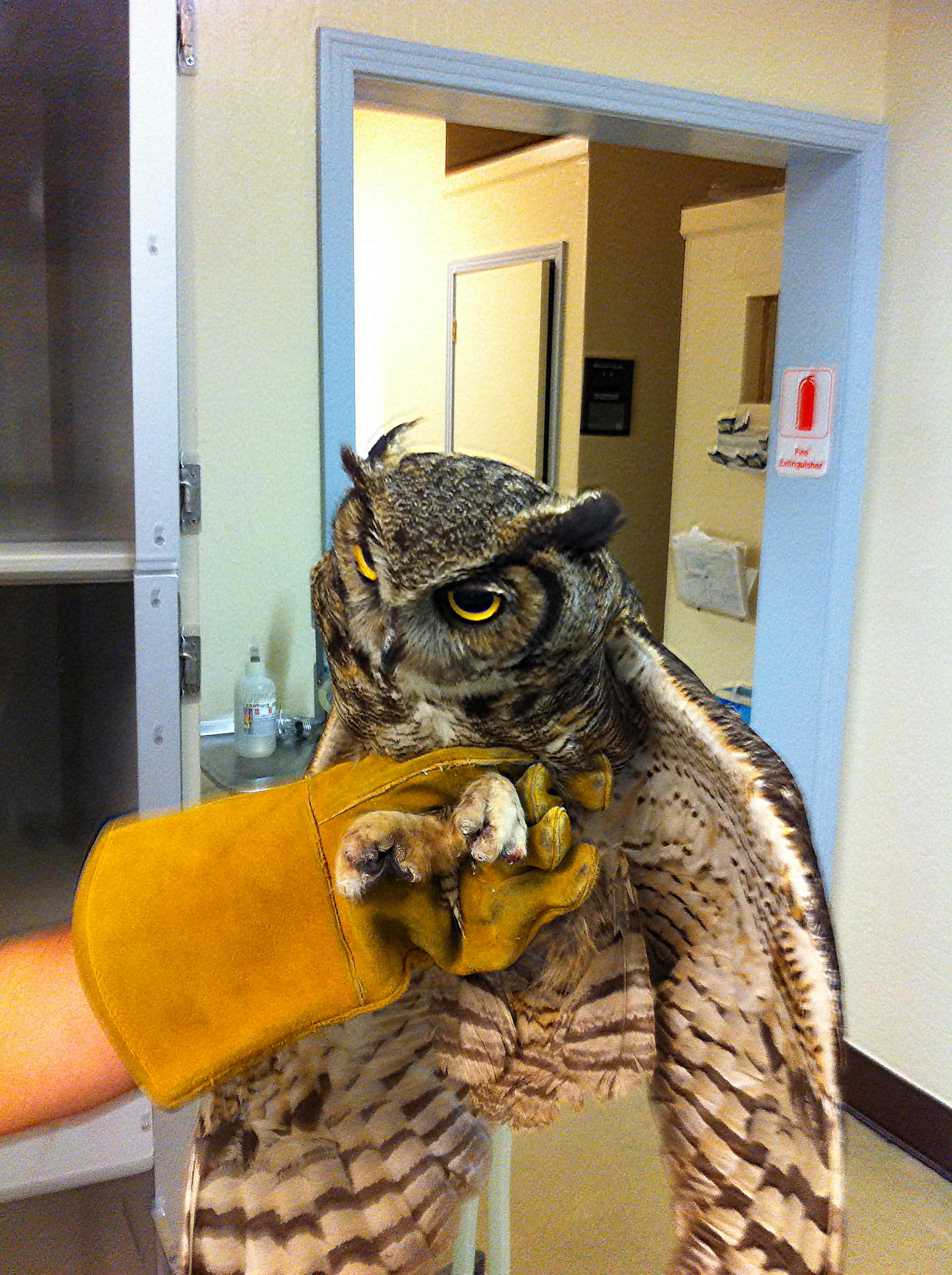
This great horned owl was rescued from the middle of California freeway by Urban Bird Foundation. The owl recovered from head trauma and was eventually released back into the wild. We believe it was struck by a car or truck.
-
Keep cats indoors, spay and neuter your feline pets
-
Encourage businesses and municipalities to implement best building practices
-
Install owl boxes for natural pest control measures to avoid using rodenticides
-
Advocate your city, county and state to install powerlines with bird flight diverters
-
Participate in citizen science birdwatching and monitoring such as eBird, breeding bird surveys and reporting to Urban Bird Foundation burrowing owl sightings to owls@urbanbird.org
-
Be bird aware while driving
-
Alert your city about carcasses on roadways
-
Avoid road treatments that attract birds
-
Remove fruiting plants from medians and roadsides that attract birds
